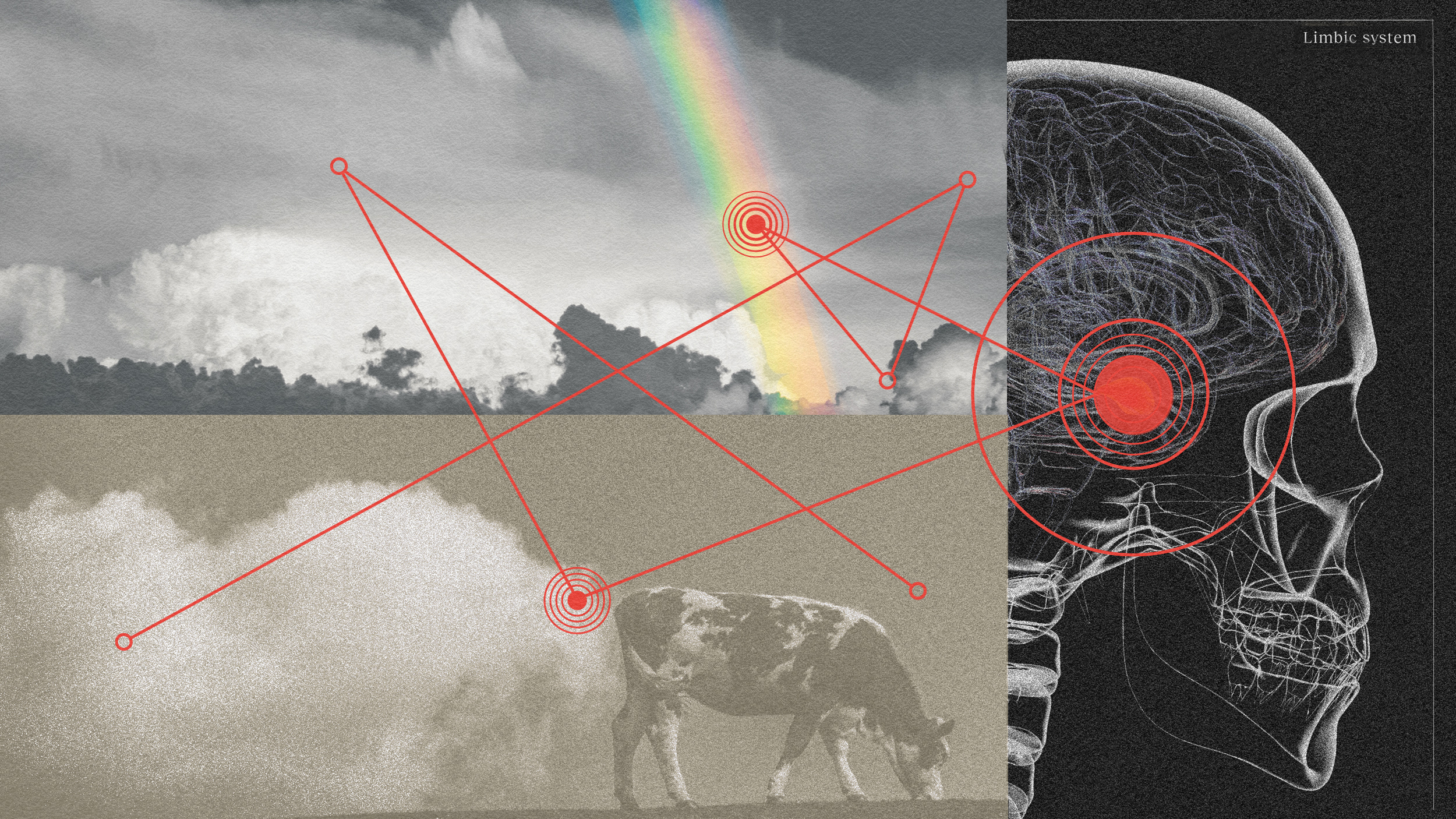“Hot Sectors” is a dangerous concept.
Andrew Ross Sorkin: Well you know what's made this actually so interesting, is that the deal landscape if you will, the players and the importance of the-- the relative importance of each player has changed dramatically in the past say 12 or 18 months. You know, 12 months ago, the most important people on the planet were these people called private equity, which is sort of a misnomer for what otherwise or a polite way to describe LBOs or Leveraged Buyouts, which is sort of a less polite word that people didn’t like in the '80s.
But, you know, whether it was Henry Cravis [ph?] or Steve Schwartzman from Blackstone or the guys at TPG or Carlisle in Washington, these guys were the power players. They were the hitters because they had amassed all this money and were spending it at you know, outrageous sums and at an outrageous pace. And you saw some very big, blue chip companies get taken out, get bought in these massive buyouts. You know, now that we've had this credit crunch, they still have cash but they can't add the steroids, right.
They can't add the juice that makes their formula work. And therefore, they're sort of sidelined and now you're seeing big corporations, big what they call strategic players, come in and start making deals. They had sort of been cast aside because they couldn’t afford to pay the premiums that private equity was paying. And frankly, it's unclear whether private equity should have been paying those premiums to begin with. We'll see how those deals worked out. But you know, now in the news, there's rumors about InBev, the big beer distributor-- bear manufacturer trying to buy Budweiser for example, Anheuser-Bush that is. And so you know, that's a big strategic deal that about a year ago, probably wouldn’t have happened. So you're seeing sort of major corporations I think that had sort of been sidelined, hadn’t really been thinking about acquisitions because they didn’t know how to compete against private equity, is the new power player. So it's no longer a cabal of ten or five guys from the private equity world who are going to rule the world for the next couple of years. It's really the CEOs of big corporations and the bankers and lawyers behind the scene that are making these deals happen.
Question: What are the hot deal sectors?
Andrew Ross Sorkin: Hot sectors, always a dangerous question, because you can never get the answer right. Just when you think it's hot, it's not. You know, I think right now you're going to see transactions in the financial, what they call financial services banks. Everybody needs rescue financing. You saw this. All the banks go through this period in November or December where they wrote down billions upon tens of billions of dollars and they needed more cash to keep-- to stay afloat frankly. And you saw them go-- what they say, go to the desert.
They would go to the Middle East and raise money. I think you're going to see a lot more of that over the next couple of weeks frankly. And I think you're also going to see banks that need to consolidate. There's always been consolidation in the financial services area. But I think you're going to see more and more of that. Obviously, Bear-Sterns in trouble goes and is now owned by J.P. Morgan. But you're going to see Country-Wide, gets bought by Bank of America. These are deals that are not going to be what they call from strength to strength. These are truly going to be distress deals where some strong players taking over a distressed player and is seeing, as we talked about, being opportunistic-- being opportunist, you know, really trying to take advantage of a situation.
Recorded on: June 3, 2008





